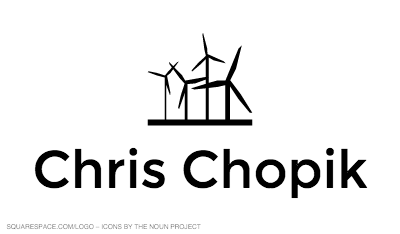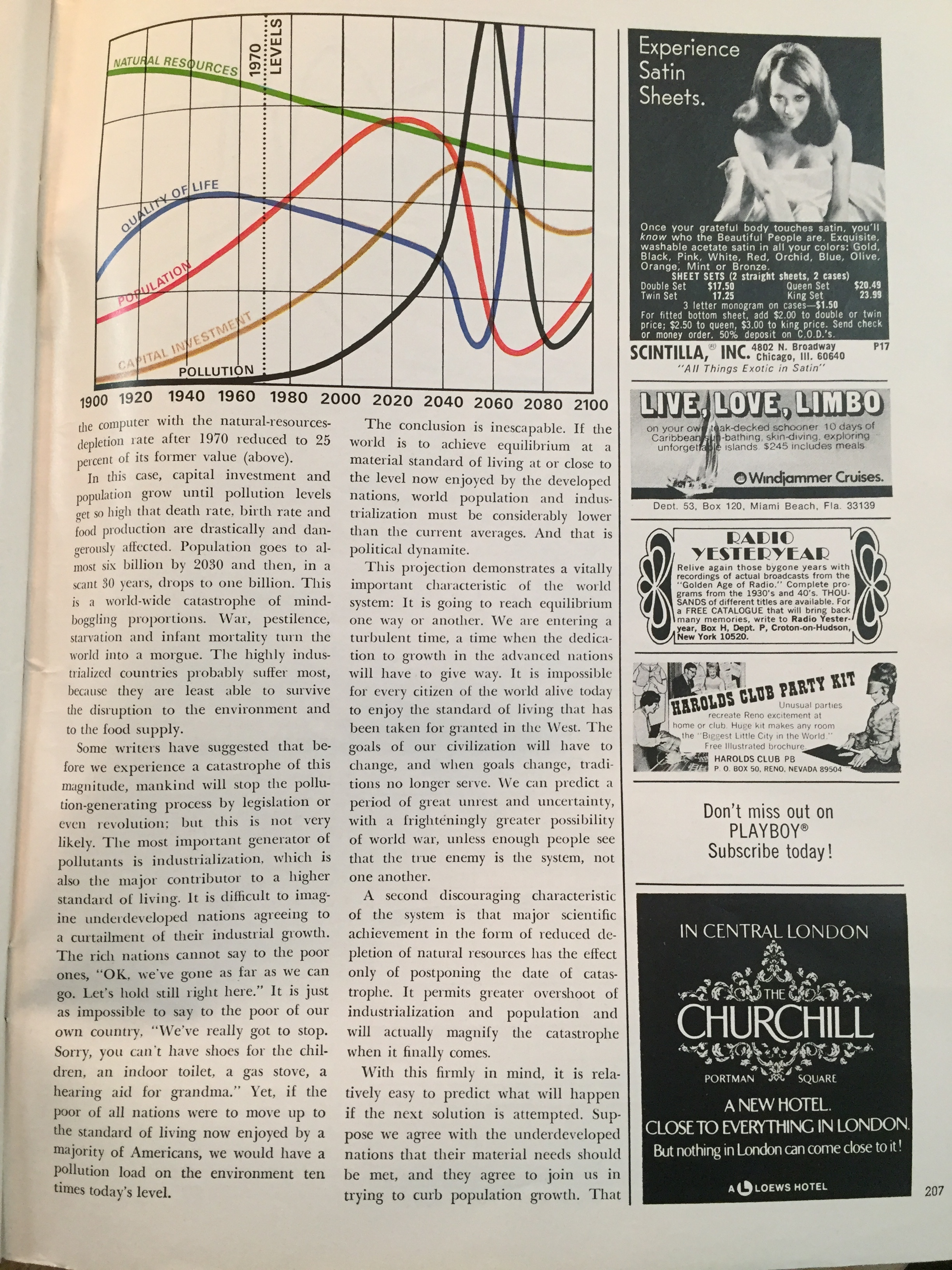20/20 Hindsight
As we look back we look forward to a hopeful new decade.
As I look back personally at the lessons of my lifetime, I am grateful for the experience that I have had, for the friends and family that are my community, and for the amazing opportunities that have been afforded me through curiosity, hard work, and good fortune.
In the last two decades I have worked hard to make the world a better place. I have focussed my environmental efforts toward the quality of life impacts of people through real estate. I have worked on industry education and transformation within the real estate sector. I have worked with local, provincial and federal governments on policy influencing energy efficiency, green infrastructure and market acceleration toward cleaner greener communities and homes.
Sadly, in 2019 we see a global shift in climate impacts. In Canada we have seen unprecedented disasters; severe flooding, out of control wildfires, sea levels are rising, and all of these factors are affecting the communities we live in. Australia is burning, Small Island Nations are being overwhelmed by the sea, and vulnerable populations worldwide are suffering intense loss. These impacts are affecting people directly. Canadians are being impacted by climate change. The new normal is abnormal, the new framework of realities are Death, Taxes and Climate Change.
My approach to dealing with the depressing realities of this 'Era of Climate Change' has been to try to create hope for people around me, especially for my children. In 2016 I undertook a masters degree in Strategic Foresight and Innovation from OCAD University. In 2019 I graduated with a Masters in Design. My research paper "Property Value in an Era of Climate Change" offers some ideas on how we as a society might minimize climate-risk impacts to quality of life in North America. My eldest son Levi was in attendance at my convocation, and it was a terrific opportunity to talk with him about hope, and the importance of the choices we make in contributing to a better world. Actions and choices. What we think and what we do. These are the vehicles of hope.
If humans are the only animal species capable of foresight then let's choose to act with the knowledge we have of what is to come. Our 20/20 hindsight tells us that our species, our governments, our corporations, and we individuals have made mistakes. We see today the accelerating deterioration of ecosystems, and the services they provide that underpin life, including human life. As we turn this hindsight toward this new decade, and set our actions and choices that will shape our future let's consider what 20/20 foresight looks like.
Human beings are uniquely capable of foresight. We can look to the future, and plan toward a positive outcome. In business we call this strategy, targets, efficiency, competition, and shareholder value. Imagine the power of our capacity to create a sustainable world. If we apply the same level of innovation, creativity, collaboration and implementation toward a positive future that we do in our business profit motives, we can succeed in creating a better world. At this time in human history it is very important that we each and collectively look at how we think and act toward the future. From individual choices to international policies, the choices we are making today will be visible 20/20 when we look back upon them, and I contend they are visible 20/20 as foresight today.
In 2020 I pledge to approach every problem with curiosity and openness. I will think and act toward a future measured in an improved quality of life outcome for people. For me this means personal choices like taking a train instead of a plane when possible, avoiding single use plastics, and being kind and generous with the people in my life.
Let's work together to generate hope. Let's cocreate a better world. Let's work hard to transition to a healthier world, and to ameliorate the suffering of people in our communities, in our regions and globally. Let's choose to act with 20/20 foresight and make the best choices we can.







